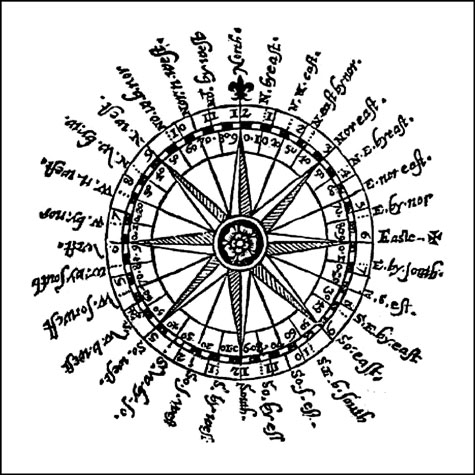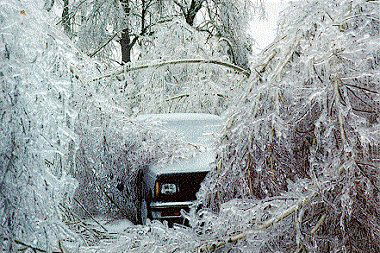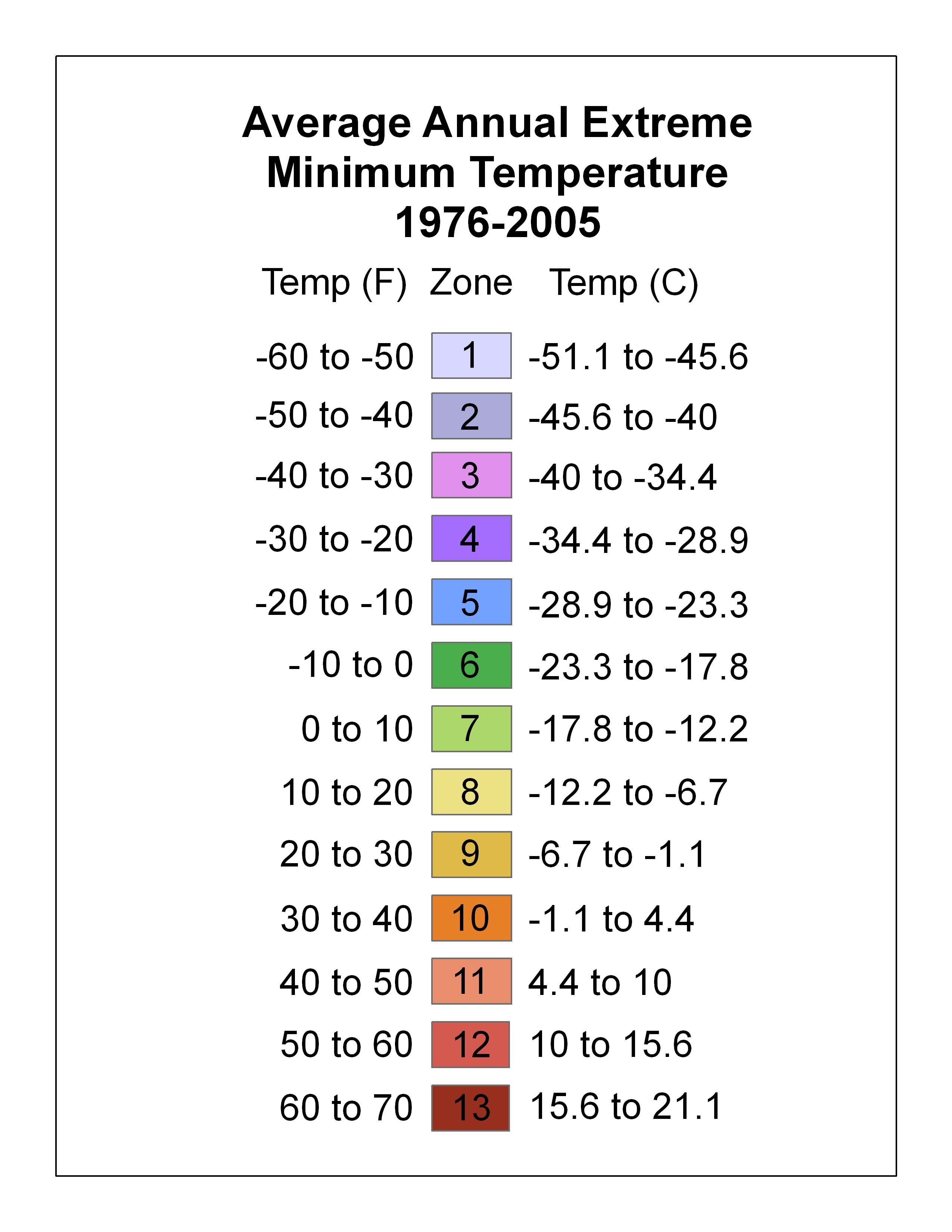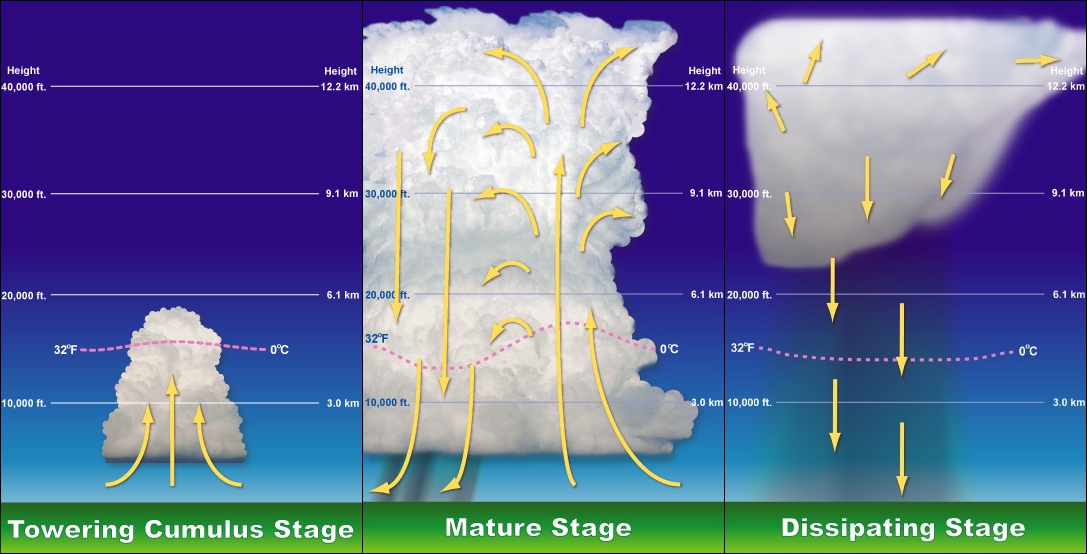|
Coolbaugh Township, Monroe County, Pennsylvania
Coolbaugh Township is a township in Monroe County, Pennsylvania, United States. The population was 20,805 at the 2020 census.United States Census, 2020 Census Report, Tobyhanna borough, PA https://www.census.gov/search-results.html?searchType=web&cssp=SERP&q=Coolbaugh%20township,%20Monroe%20County,%20Pennsylvania Tobyhanna State Park is in Coolbaugh Township. Tobyhanna, an unincorporated community, is also located in Coolbaugh Township rather than Tobyhanna Township. Geography According to the United States Census Bureau, the township has a total area of , of which is land and (2.05%) is water. Demographics 2010 Census Data At the 2010 census there were 20,564 people, 6,969 households, and 5,362 families living in the township. The population density was 238.6 people per square mile (92.1/km2). There were 11,163 housing units at an average density of 129.5/sq mi (50.6/km2). The racial makeup of the township was 56.4% White, 27.8% African American, 0.7% Native Ame ... [...More Info...] [...Related Items...] OR: [Wikipedia] [Google] [Baidu] |
Monroe County, Pennsylvania
Monroe County is a county in the Commonwealth of Pennsylvania. It is located in Northeastern Pennsylvania. As of the 2020 census, the population was 168,327. Its county seat is Stroudsburg. The county was formed from sections of Northampton and Pike counties on April 1, 1836. Named in honor of James Monroe, the fifth president of the United States, the county is located in Northeastern Pennsylvania, along its border with New Jersey. Monroe County is coterminous with the East Stroudsburg, PA Metropolitan Statistical Area. It also borders the Wyoming Valley, the Lehigh Valley, and has connections to the Delaware Valley and the Tri-State Area as part of New York City's Designated Media Market, but also receiving media from the Scranton/Wilkes-Barre and Philadelphia areas. The county is home to East Stroudsburg University. For many recent decades, Monroe County was one of the fastest-growing counties in the state of Pennsylvania, partially due to tourism, and partially due to ... [...More Info...] [...Related Items...] OR: [Wikipedia] [Google] [Baidu] |
Trewartha Climate Classification
The Trewartha climate classification (TCC) or the Köppen–Trewartha climate classification (KTC) is a climate classification system first published by American geographer Glenn Thomas Trewartha in 1966. It is a modified version of the Köppen–Geiger system, created to answer some of its deficiencies. The Trewartha system attempts to redefine the middle latitudes to be closer to vegetation zoning and genetic climate systems. It was considered a more true or "real world" reflection of the global climate. The changes were seen as most effective on the large landmasses in Asia and North America, where many areas fall into a single group (''C'') in the Köppen–Geiger system. For example, under the standard Köppen system, Washington and Oregon are classed into the same climate zone (''Csb'') as parts of Southern California, even though the two regions have strikingly different weather and vegetation. Another example was classifying cities like London or Boston in the sa ... [...More Info...] [...Related Items...] OR: [Wikipedia] [Google] [Baidu] |
Northern Hardwood Forest
The northern hardwood forest is a general type of North American forest ecosystem found over much of southeastern and south-central Canada, Ontario, and Quebec, extending south into the United States in northern New England, New York, and Pennsylvania, and west along the Great Lakes to Minnesota and western Ontario. Some ecologists consider it a transitional forest because it contains species common to both the oak-hickory forest community to the south and the Boreal forest community to the north. The trees and shrub species of the Northern Hardwood Forest are known for their brilliant fall colors, making the regions that contain this forest type popular fall foliage tourist destinations. Sugar maple, yellow birch, American beech, and white ash are the common key indicator tree and shrub species in the Northern Hardwood Forest. Other species include eastern hemlock and eastern white pine. Herb and heath species include wintergreen, wild sarsaparilla, and wood sorrel. Birds and ... [...More Info...] [...Related Items...] OR: [Wikipedia] [Google] [Baidu] |
Hardwood
Hardwood is wood from dicot trees. These are usually found in broad-leaved temperate and tropical forests. In temperate and boreal latitudes they are mostly deciduous, but in tropics and subtropics mostly evergreen. Hardwood (which comes from angiosperm trees) contrasts with softwood (which is from gymnosperm trees). Characteristics Hardwoods are produced by angiosperm trees that reproduce by flowers, and have broad leaves. Many species are deciduous. Those of temperate regions lose their leaves every autumn as temperatures fall and are dormant in the winter, but those of tropical regions may shed their leaves in response to seasonal or sporadic periods of drought. Hardwood from deciduous species, such as oak, normally shows annual growth rings, but these may be absent in some tropical hardwoods. Hardwoods have a more complex structure than softwoods and are often much slower growing as a result. The dominant feature separating "hardwoods" from softwoods is the presen ... [...More Info...] [...Related Items...] OR: [Wikipedia] [Google] [Baidu] |
Potential Natural Vegetation
In ecology, potential natural vegetation (PNV), also known as Kuchler potential vegetation, is the vegetation that would be expected given environmental constraints (climate, geomorphology, geology) without human intervention or a hazard event. The concept was developed in the mid 1950s by phytosociologist Reinhold Tüxen, partly expanding on the concept of climax vegetation. Concrete applications PNV is widely used in modern conservation and renaturation projects to predict the most adapted species for a definite ecotope. Native species being considered having optimum ecological resilience for their native environment, and the best potential to enhance biodiversity. To determine "natural" vegetation, scientists research the original vegetation of a land through retrospective ecology. Implications Study of past ecosystems allowed to demonstrate, for instance, that numerous contemporary biotopes (like the " wild" Slovenian forests for instance), supposedly largely untou ... [...More Info...] [...Related Items...] OR: [Wikipedia] [Google] [Baidu] |
Nor’easter
A nor'easter (also northeaster; see below), or an East Coast low is a synoptic-scale extratropical cyclone in the western North Atlantic Ocean. The name derives from the direction of the winds that blow from the northeast. The original use of the term in North America is associated with storms that impact the upper north Atlantic coast of the United States and the Atlantic Provinces of Canada. Typically, such storms originate as a low-pressure area that forms within of the shore between North Carolina and Massachusetts. The precipitation pattern is similar to that of other extratropical storms. Nor'easters are usually accompanied by heavy rain or snow, and can cause severe coastal flooding, coastal erosion, hurricane-force winds, or blizzard conditions. Nor'easters are usually most intense during winter in New England and Atlantic Canada. They thrive on converging air masses—the cold polar air mass and the warmer air over the water—and are more severe in winter when ... [...More Info...] [...Related Items...] OR: [Wikipedia] [Google] [Baidu] |
Ice Storm
An ice storm, also known as a glaze event or a silver storm is a type of winter storm characterized by freezing rain. The U.S. National Weather Service defines an ice storm as a storm which results in the accumulation of at least of ice on exposed surfaces. They are generally not violent storms but instead are commonly perceived as gentle rains occurring at temperatures just below freezing. Formation The formation of ice begins with a layer of above-freezing air above a layer of sub-freezing temperatures closer to the surface. Frozen precipitation melts to rain while falling into the warm air layer, and then begins to refreeze in the cold layer below. If the precipitate refreezes while still in the air, it will land on the ground as sleet. Alternatively, the liquid droplets can continue to fall without freezing, passing through the cold air just above the surface. This thin layer of air then cools the rain to a temperature below freezing (). However, the drops themselve ... [...More Info...] [...Related Items...] OR: [Wikipedia] [Google] [Baidu] |
Wind Chill
Wind chill or windchill (popularly wind chill factor) is the lowering of body temperature due to the passing-flow of lower-temperature air. Wind chill numbers are always lower than the air temperature for values where the formula is valid. When the apparent temperature is higher than the air temperature, the heat index is used instead. Explanation A surface loses heat through conduction, evaporation, convection, and radiation. The rate of convection depends on both the difference in temperature between the surface and the fluid surrounding it and the velocity of that fluid with respect to the surface. As convection from a warm surface heats the air around it, an insulating boundary layer of warm air forms against the surface. Moving air disrupts this boundary layer, or epiclimate, allowing for cooler air to replace the warm air against the surface. The faster the wind speed, the more readily the surface cools. Alternative approaches Many formulas exist for wind chill ... [...More Info...] [...Related Items...] OR: [Wikipedia] [Google] [Baidu] |
United States Department Of Agriculture
The United States Department of Agriculture (USDA) is the federal executive department responsible for developing and executing federal laws related to farming, forestry, rural economic development, and food. It aims to meet the needs of commercial farming and livestock food production, promotes agricultural trade and production, works to assure food safety, protects natural resources, fosters rural communities and works to end hunger in the United States and internationally. It is headed by the Secretary of Agriculture, who reports directly to the President of the United States and is a member of the president's Cabinet. The current secretary is Tom Vilsack, who has served since February 24, 2021. Approximately 80% of the USDA's $141 billion budget goes to the Food and Nutrition Service (FNS) program. The largest component of the FNS budget is the Supplemental Nutrition Assistance Program (formerly known as the Food Stamp program), which is the cornerstone of USDA's ... [...More Info...] [...Related Items...] OR: [Wikipedia] [Google] [Baidu] |
Plant Hardiness Zone
A hardiness zone is a geographic area defined as having a certain average annual minimum temperature, a factor relevant to the survival of many plants. In some systems other statistics are included in the calculations. The original and most widely used system, developed by the United States Department of Agriculture (USDA) as a rough guide for landscaping and gardening, defines 13 zones by long-term average annual extreme minimum temperatures. It has been adapted by and to other countries (such as Canada) in various forms. Unless otherwise specified, in American contexts "hardiness zone" or simply "zone" usually refers to the USDA scale. For example, a plant may be described as "hardy to zone 10": this means that the plant can withstand a minimum temperature of 30 °F (−1.1 °C) to 40 °F (4.4 °C). Other hardiness rating schemes have been developed as well, such as the UK Royal Horticultural Society and US Sunset Western Garden Book systems. A heat zone (s ... [...More Info...] [...Related Items...] OR: [Wikipedia] [Google] [Baidu] |
Atlantic Hurricane Season
The Atlantic hurricane season is the period in a year from June through November when tropical cyclones form in the Atlantic Ocean, referred to in North American countries as hurricanes, tropical storms, or tropical depressions. In addition, there have been several storms over the years that have not been fully tropical and are categorized as subtropical depressions and subtropical storms. Even though subtropical storms and subtropical depressions are not technically as strong as tropical cyclones, the damages can still be devastating. Worldwide, tropical cyclone activity peaks in late summer, when the difference between temperatures aloft and sea surface temperatures is the greatest. However, each tropical cyclone basin has its own seasonal patterns. On a worldwide scale, May is the least active month, while September is the most active. In the Northern Atlantic Ocean, a distinct hurricane season occurs from June 1 to November 30, sharply peaking from late August through Sep ... [...More Info...] [...Related Items...] OR: [Wikipedia] [Google] [Baidu] |
Thunderstorm
A thunderstorm, also known as an electrical storm or a lightning storm, is a storm characterized by the presence of lightning and its acoustic effect on the Earth's atmosphere, known as thunder. Relatively weak thunderstorms are sometimes called thundershowers. Thunderstorms occur in a type of cloud known as a cumulonimbus. They are usually accompanied by strong winds and often produce heavy rain and sometimes snow, sleet, or hail, but some thunderstorms produce little precipitation or no precipitation at all. Thunderstorms may line up in a series or become a rainband, known as a squall line. Strong or severe thunderstorms include some of the most dangerous weather phenomena, including large hail, strong winds, and tornadoes. Some of the most persistent severe thunderstorms, known as supercells, rotate as do cyclones. While most thunderstorms move with the mean wind flow through the layer of the troposphere that they occupy, vertical wind shear sometimes causes ... [...More Info...] [...Related Items...] OR: [Wikipedia] [Google] [Baidu] |

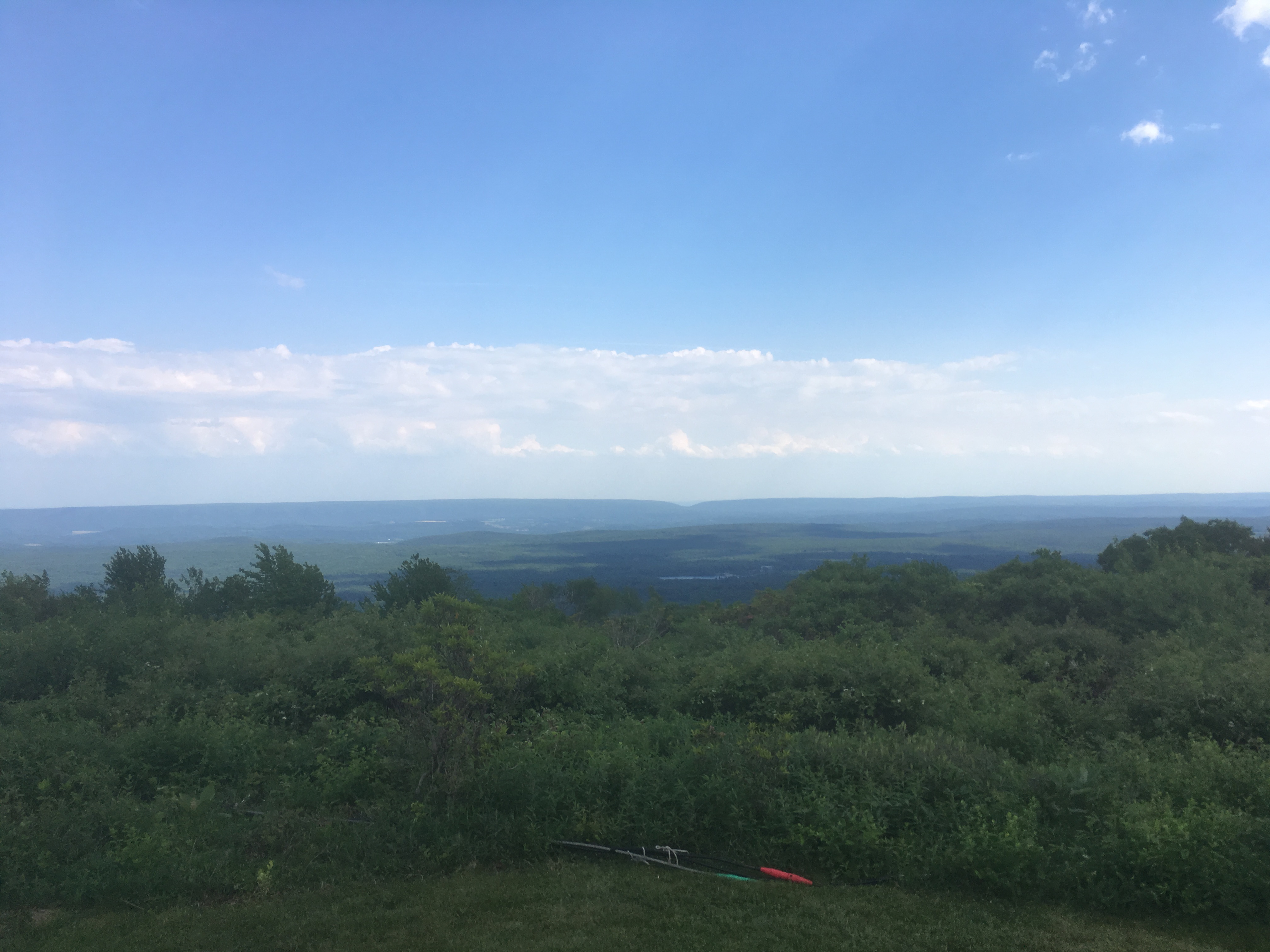

_(21178820598).jpg)
